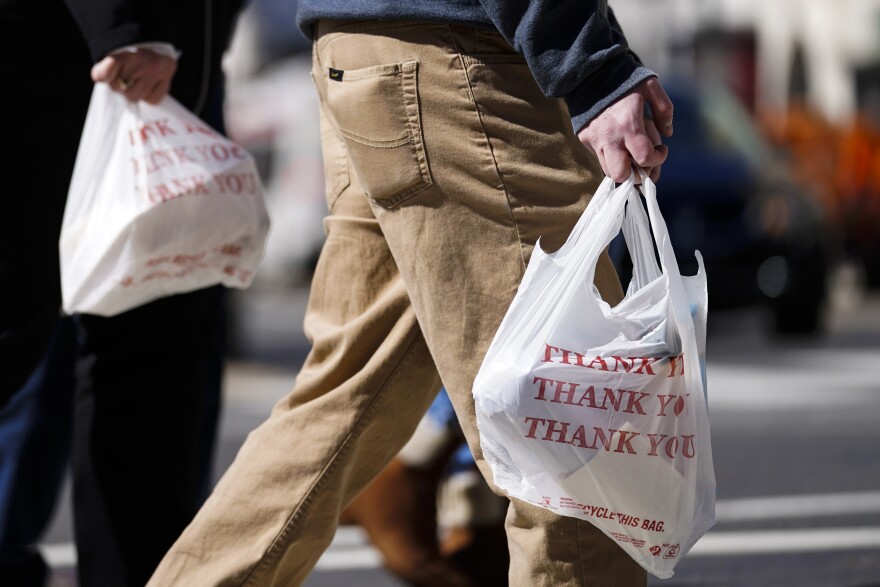BETHLEHEM, Pa. — The city’s Environmental Advisory Council has approved a survey aimed at capturing opinions from local restaurants and eateries about single-use plastics.
“The idea is to get feedback from these food service vendors as to what challenges they would face to reduce single-use plastics — those knives and forks that we all get, things like that,” the EAC’s Waste Reduction Committee Chairman Steve Olshevski said.
“It’s not a, ‘Should we do it,’ it’s more of a, ‘We intend to do this,’ so what kind of help can we provide to these food services to start down this path?”Steve Olshevski, chair of the EAC’s Waste Reduction Committee
“It’s not a, ‘Should we do it,’ it’s more of a, ‘We intend to do this,’ so what kind of help can we provide to these food services to start down this path?”
The survey, available in English and Spanish, passed unanimously at the EAC’s Thursday meeting.
It will be emailed directly from the city’s Heath Bureau to restaurants, but it was unclear when it will be sent and how long it will be available.
“Steve, thank you for working with your committee and shepherding this through a long process,” EAC Chairwoman Lynn Rothman said. “But I think the product is excellent. Thank you.”
In addition to contact and location information, survey questions include the type of restaurant and if single-use products — such as straws or stirrers, utensils, Styrofoam, plastic bags for takeout and more — are currently in use.
Other questions include the challenges restaurant owners anticipate if considering switching to more environmentally friendly alternatives, what resources would be most helpful in transitioning away from single-use plastics and how interested they would be in exploring or implementing reusable systems.
“The people that do respond can expect a response from us as to what help we can give them,” Olshevski said.
“We can look at the results that we get, and then we’ll have some work to do to help them make this transition.”


